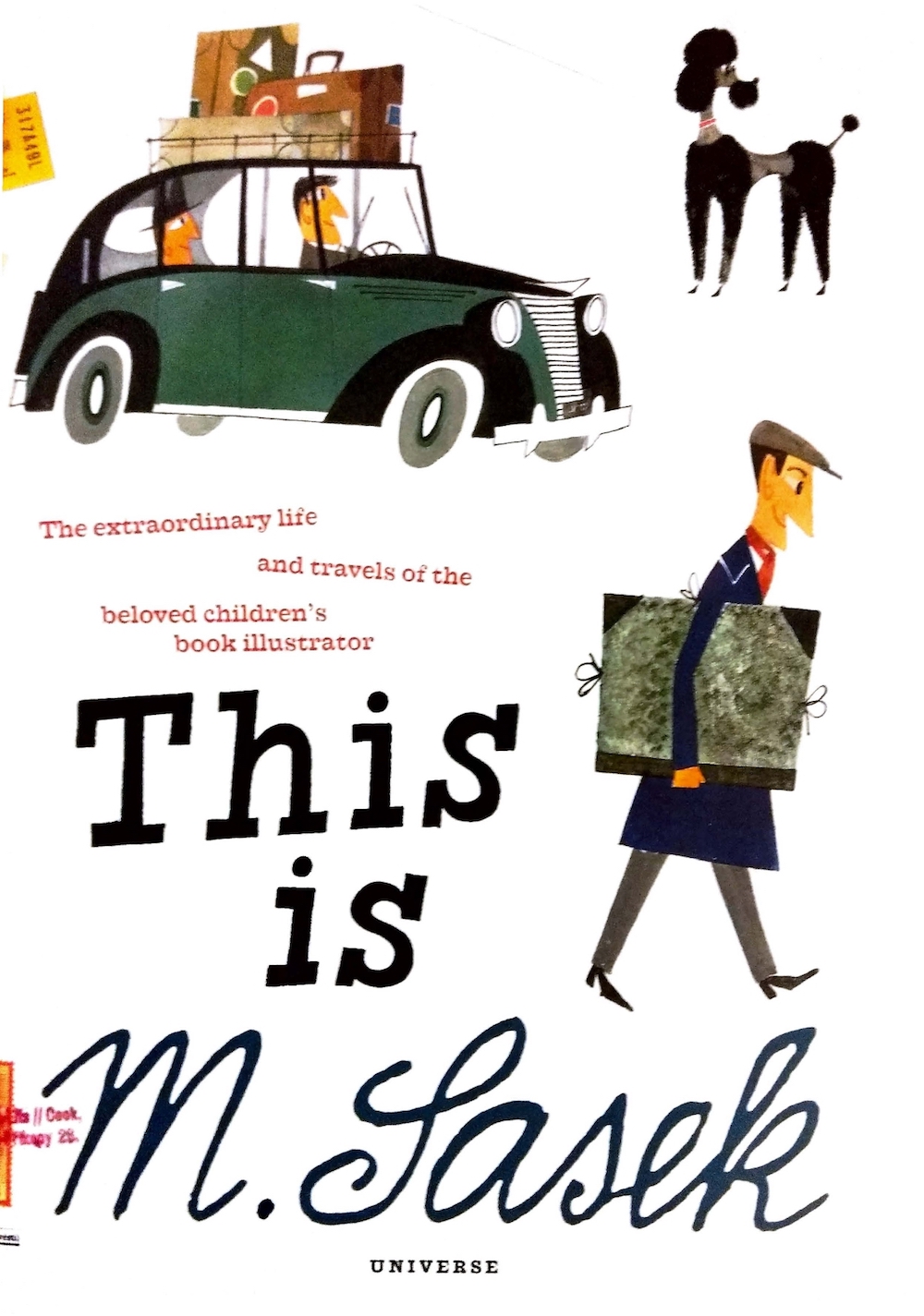Beware teachers who come brandishing the works of Balzac. When I was at school we gave short shrift to the mild-mannered French mistress who tried to make us plough through Eugénie Grandet. The 11- and 12-year-old pupils at a Montreal school are far more tolerant of Monsieur Lazhar, the eponymous hero of Philippe Falardeau’s charming, literate but rather implausible French-Canadian drama. But long before the end I found myself questioning whether an Algerian asylum-seeker could really inveigle his way into a classroom with such consummate ease.
Monsieur Lazhar begins with the horrifying discovery of a schoolteacher’s suicide. Pupil Simon (Émilien Néron) goes to collect the milk one snowy morning and sees the body of Martine Lachance hanging from a pipe in the classroom. As the bewildered pupils are ushered away, Alice (Sophie Nélisse) also sneaks a look through the classroom door. The headmistress Mme Vaillancourt (Danielle Proulx) brings in a pyschologist and has the decorators carry out a rapid makeover at the scene of Martine’s demise, but finding her replacement proves more difficult. Then Bachir Lazhar (Mohamed Fellag) turns up unannounced and proceeds to work his magic on the shocked and uncomprehending kids.
Initially, Falardeau leaves us wondering whether Bachir’s old-fashioned attitudes to education are simply a product of his background — he claims to have taught for 19 years in grade school in Algiers. In an early scene he cuffs the misbehaving Simon on the head, prompting one of the kids to joke “We’re not in Saudi Arabia here!” His decision to set a tough dictation from Balzac’s La Peau de Chagrin is another error of judgment, which he does acknowledge. But when we learn why this gently spoken man has come to Montreal, it’s clear that this teaching stint is about working through his own unfathomable loss by connecting with other people’s children. Unlike Mme Vaillancourt, Bachir sees death as a subject to be tackled directly — not glossed over with a coat of paint and sympathy.
Given the subject matter and the leading character’s background, Monsieur Lazhar could have been a very maudlin film. Fortunately, Falardeau’s screenplay emphasises humour in the interaction between the adults — Bachir is warmly welcomed by the sports teacher and the janitor as the only other man on the staff. He also allows themes like the fall-out from the suicide and the demands on busy working parents to emerge through brief scenes and well-drawn characters. The blonde, blue-eyed Alice quickly becomes the teacher’s favourite: she gives him a copy of White Fang and he recognises that she’s struggling without a full-time mum. As the child most directly affected by the suicide, Émilien Néron is particularly impressive as Simon veers between aggression, confusion and guilt over his own contribution to the dead teacher’s unhappiness.
Falardeau also uses photographs to draw a parallel between the struggles of Bachir and the boy. The snapshot Bachir carries is one of the few tangible links to his past and another glimpse into a life mainly spent studying, exercising and deflecting personal questions. But Simon causes outrage with his clumsy attempt to make sense of the tragedy by drawing a rope and angel’s wings on Martine’s image.
With its well-judged lead performance from Mohamed Fellag and tasteful piano selections from Mozart and Scarlatti, it’s easy to see why Monsieur Lazhar earned an Oscar nomination for best foreign language film earlier this year. But I felt the closing scenes in which Bachir discusses fables with the class were a little too didactic, especially given the lightness of touch elsewhere. A robust conflict between Bachir and Mme Vaillancourt, the woman most affected by his deception, would have made this affecting film more believable and less like a fantasy.









